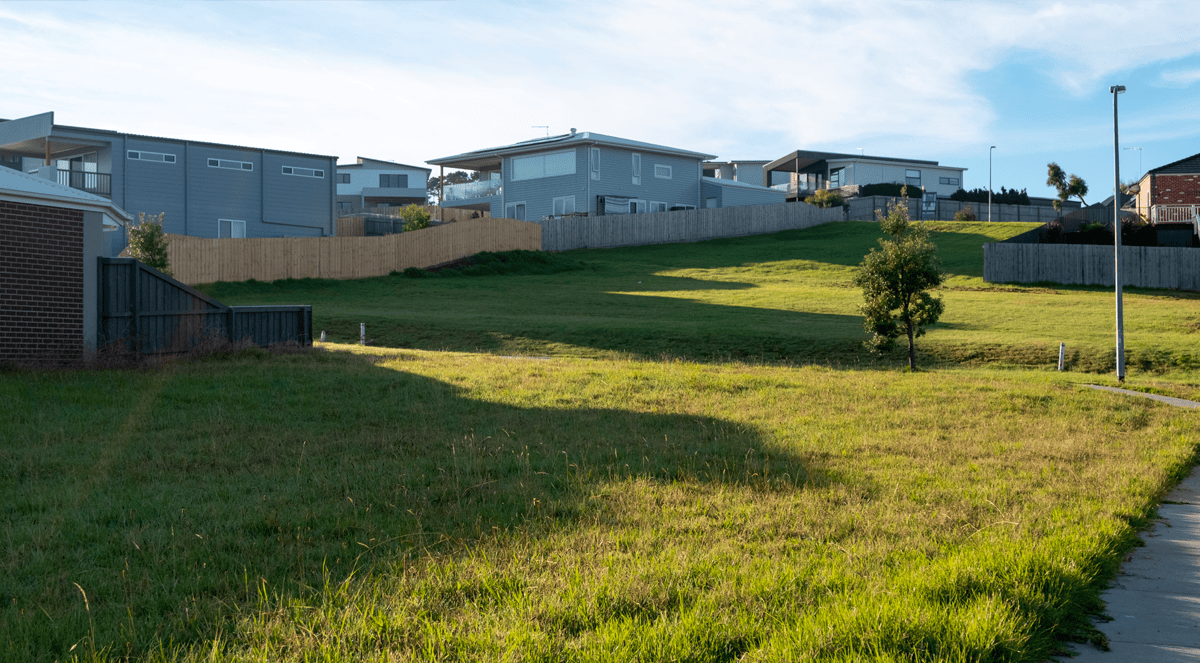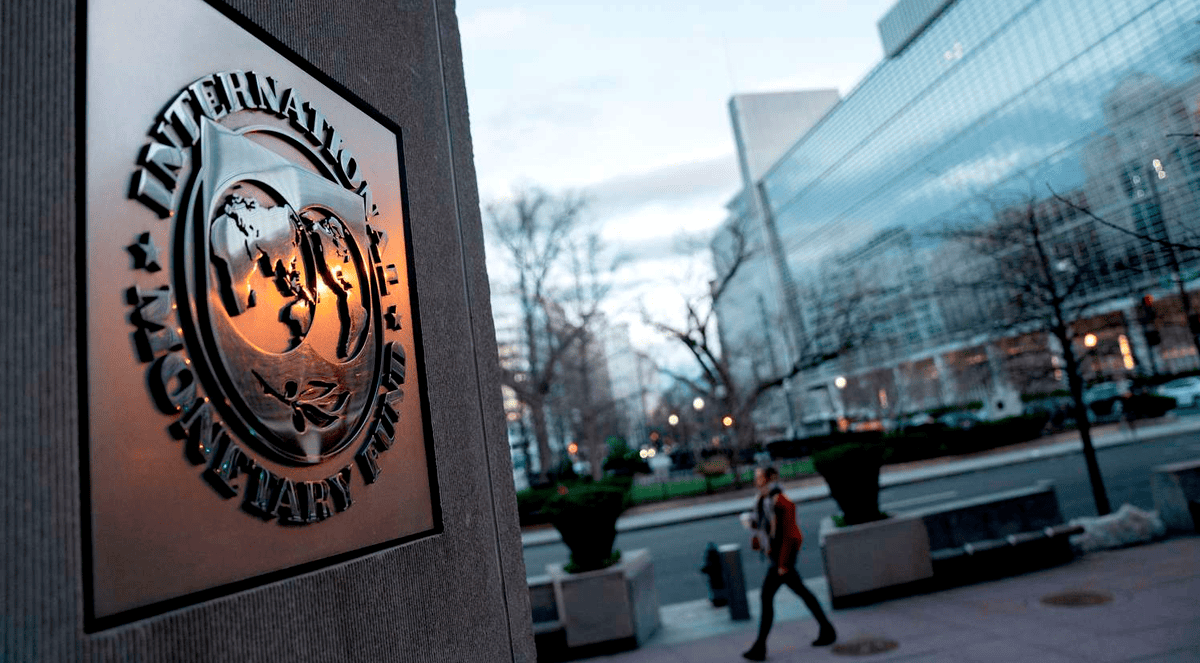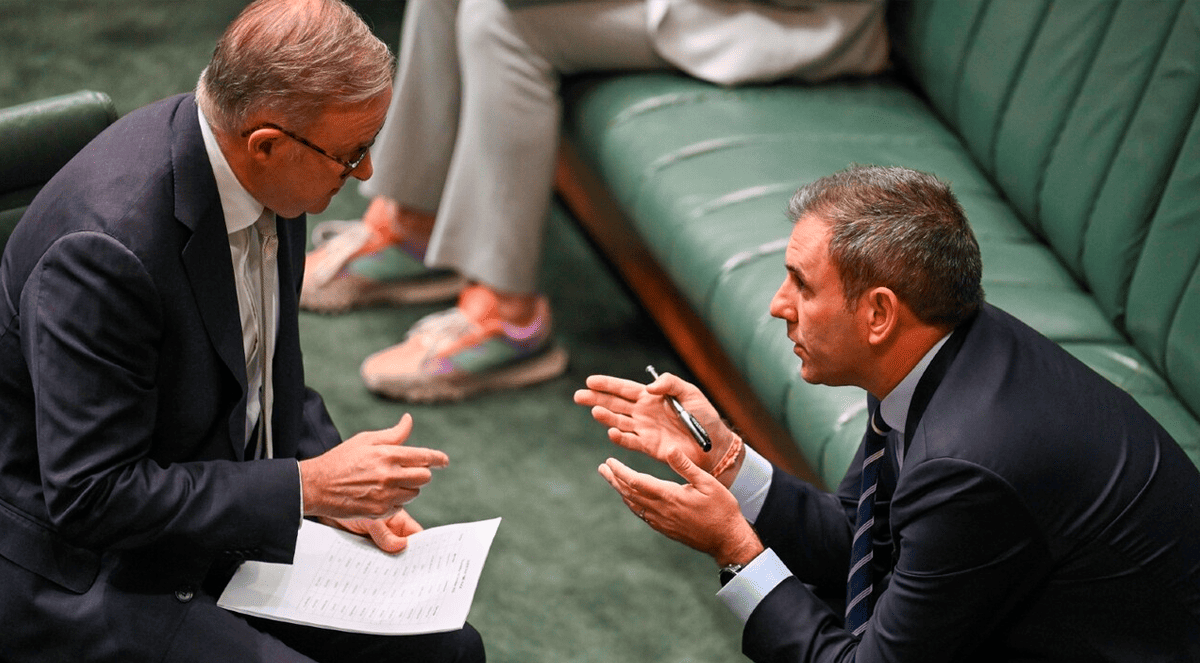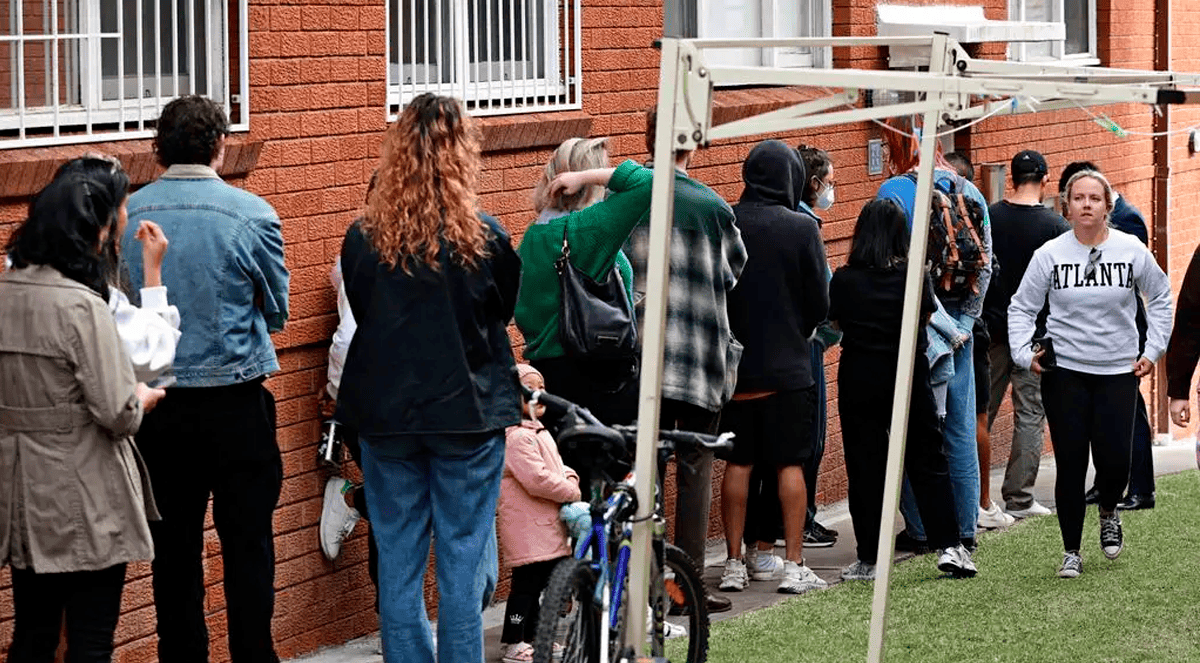Features > Property News & Insights > Market updates
Landlords aren’t driving rent increases, says RBA
.png)
KEY POINTS
- Landlords don’t pass on higher mortgage interest rate costs to their tenants
- For every $1 increase in home loan interest repayments, property investors raised rents by just 1 cent
- Rapid rent increases are due to a housing shortage amid high population growth and smaller households
The Reserve Bank of Australia has finally put to bed the lie that “greedy” landlords have made rents unsustainable by passing on their increased mortgage costs to tenants.
New research by the central bank proves that as interest rates have soared over the last two and a half years, the overwhelming majority of property investors have borne much of the true cost of increased mortgage interest, not renters.
In fact, an RBA research paper has found that for every $1 increase in home loan interest repayments, property investors raised rents by just 1¢.
The central bank says the main reason rents have risen quickly over the last three years or so is because there’s not enough housing supply to meet demand at a time of high population growth and increasingly small households.
The background
As part of a new push to be more transparent and explain its role in the Australian economy better, the Reserve Bank has been publishing research that seeks to bust myths about the effects of its interest rate decisions.
One claim that the central bank is keen to distance itself from is that it is responsible for higher and higher rents.
The argument goes like this:
- The central bank puts up interest rates to slow inflation.
- Landlords with variable mortgages see their interest bills go up, and so pass on rate increases to their tenants in the form of higher rents.
- As rent prices make up a large part of the calculations for Australia’s official inflation measure, the CPI, higher rents paid by tenants mean higher inflation.
- With inflation continuing to rise, the RBA puts up rates again.
- Landlords with variable mortgages see their interest bills go up, and so pass on rate increases to their tenants in the form of higher rents.
And so on….
Findings
To try to refute this claim, RBA economists Declan Twohig, Anirudh Yadav and Jonathan Hambur looked at data from the tax returns of every property investor in Australia from 2006/07 to 2018/19.
They soon found a clear correlation between the median rental income investors declared on their tax returns and Australia’s official CPI rent growth measure.
Unsurprisingly, they also found median growth in interest payments closely tracked “percentage changes in the indicator lending rate for investors.”
From this data they developed a model which they put to the test, looking at the effect on rents from the steep rise in interest rates between April 2022 and January 2024.
That’s the period where the Reserve Bank jacked up Australia’s cash rate from an emergency pandemic low of 0.1% to 4.35%, sending variable retail mortgage interest rates soaring from the 2-3% range to 6-8%.
The RBA economists say during this time, “the median monthly interest payment for leveraged investors increased by around $850.”
So how much of this huge extra monthly property holding cost was passed by landlords on to tenants?
“Our estimate suggests that this $850 increase in interest costs would have raised rents by less than $10 per month, or just over $2 per week,” Twohig, Yadav and Hambur say.
“This increase in rent equates to around 0.4 per cent of the median monthly rent in January 2024.
“We find little evidence of direct pass-through from interest costs to rents.
“On average, we find that for every dollar increase in their mortgage interest costs, investors increase their rents by one cent,” the economists conclude.
The implications
The findings are truly extraordinary and completely shoot out of the water claims by political parties such as the Greens that landlords are “greedy” and have been “rent gouging”.
I’d love to know how recouping an extra one-hundredth of your cost-base burden is considered “greedy”’.
In fact, if property investors actually passed on the full cost of their increased interest payments to tenants, hardly anyone in Australia would be able to afford to rent.
So why have rents been going up?
The RBA says the reason rents have risen so quickly over the last three years is because there’s not enough housing supply to meet demand at a time of high population growth and increasingly small household sizes.
Let’s not forget that over the last three years property investors have also had to deal with increased compliance and non-interest holding costs, like huge land tax grabs and new levies imposed by state governments.
Even so, most property investors have been reluctant to pass many of these costs on.
What the RBA research also implies is that rents would become totally unaffordable if tax breaks like negative gearing were abolished.
When interest bills and other costs are high—as they are now—investors are able to claim any losses on their investment properties against their total income.
If we didn’t have negative gearing, the only way many landlords could survive would be to pass on their full holding costs to tenants.
And if that was the case, you’d be seeing landlords selling up in droves and rent increases of perhaps 50-100%.
That would be an absolute disaster in a country where around a third of Australians rent their homes.
Stay Up to Date
with the Latest Australian Property News, Insights & Education.




.png?width=292&height=292&name=Copy%20Link%20(1).png)
 SIGN UP FOR FREE NEWSLETTER
SIGN UP FOR FREE NEWSLETTER







%20Scott%20Kuru%20DPU%20145.jpg?width=1920&height=1080&name=Senate%20Inquiry%20Forced%20the%20RBA%20to%20Admit%20the%20Housing%20Crisis%20Will%20Never%20Be%20Fixed%20(It%20Was%20All%20a%20Lie)%20Scott%20Kuru%20DPU%20145.jpg)



%20Scott%20Kuru%20DPU%20141.jpg?width=1920&height=1080&name=The%20Senate%20Just%20Exposed%20Australias%20Biggest%20$80%20Billion%20Housing%20Fraud%20(Inquiry%20Launched)%20Scott%20Kuru%20DPU%20141.jpg)




%20Scott%20Kuru%20DPU136.jpg?width=1920&height=1080&name=Aussies%20Just%20Got%20Hit%20With%20Double%20Taxes%20on%20Everything%20(This%20Has%20Gone%20Too%20Far)%20Scott%20Kuru%20DPU136.jpg)


%20Scott%20Kuru%20DPU%20133.jpg?width=1920&height=1080&name=JUST%20IN%20Something%20Major%20Just%20Flipped%20Australia%E2%80%99s%20Property%20Market%20for%202026%20(No%20One%20Saw%20This%20Coming)%20Scott%20Kuru%20DPU%20133.jpg)


.jpg?width=1920&height=1080&name=Rental%20Prices%20At%20Record%20Highs%20And%20Vacancy%20Rates%20At%20All%20Time%20Lows%20(New%20Data%20Reveals).jpg)
%20%20DPU%20EP%2014.jpg?width=1920&height=1080&name=Investors%20Shutting%20Out%20First%20Home%20Buyers%20(Investors%20At%20Record%20Highs)%20%20DPU%20EP%2014.jpg)

.jpg?width=1920&height=1080&name=Darwins%20Property%20Market%20Boom%20or%20Dangerous%20Gamble%20(REVEALED).jpg)

.jpg?width=1920&height=1080&name=The%20RBA%E2%80%99s%20Rate%20Cut%20Could%20Explode%20House%20Prices%20(Here%E2%80%99s%20Why).jpg)








.jpg?width=1920&height=1080&name=Warning%2c%20You%20Might%20Be%20Facing%20Higher%20Taxes%20Soon%20(1).jpg)




.png?width=1920&height=1080&name=Rate%20Drops%20Signal%20BIGGEST%20Property%20Boom%20in%20DECADES%20(1).png)

.jpg?width=1920&height=1080&name=Labor%20vs%20Liberal%20These%20Housing%20Policies%20Could%20Change%20the%20Property%20Market%20Forever%20(1).jpg)
.jpg?width=1920&height=1080&name=QLD%20Slashes%20Stamp%20Duty%20Big%20News%20for%20Investors%20%26%20Home%20Buyers%20(1).jpg)
.jpg?width=1920&height=1080&name=Trump%20Just%20Slapped%20Tariffs%20%E2%80%93%20Here%E2%80%99s%20What%20It%20Means%20for%20Australia%20(1).jpg)
.jpg?width=1920&height=1080&name=Federal%20Budget%202025%20More%20Debt%2c%20No%20Housing%20%E2%80%93%20Here%E2%80%99s%20What%20You%20Need%20to%20Know%20(1).jpg)
.jpg?width=1920&height=1080&name=Australias%20Housing%20Crisis%20is%20about%20to%20get%20MUCH%20Worse%20(New%20Data%20Warns).jpg)
%20(1).jpg?width=1920&height=1080&name=Australias%20RENTAL%20CRISIS%20Hits%20ROCK%20BOTTOM!%20(2025%20Update)%20(1).jpg)
%20(1).png?width=1920&height=1080&name=Is%20Adelaide%20Still%20a%20Good%20Property%20Investment%20(2025%20UPDATE)%20(1).png)
.jpg?width=1920&height=1080&name=RBA%20Shocks%20with%20Rate%20Cuts!%20What%E2%80%99s%20Next%20for%20Property%20Investors%20(1).jpg)
%20(1).jpg?width=1920&height=1080&name=I%20Predict%20The%20Feb%20Rate%20Cut%20(My%20Price%20Growth%20Prediction)%20(1).jpg)
.png?width=1920&height=1080&name=Why%20Property%20Prices%20Will%20Rise%20in%202025%20Market%20Predictions%20(1).png)
.jpg?width=1920&height=1080&name=Why%20Investors%20Are%20Choosing%20Apartments%20Over%20Houses%202%20(1).jpg)
.jpg?width=1920&height=1080&name=Why%20Rate%20Cuts%20Will%20Trigger%20A%20Property%20Boom%20(1).jpg)
.jpg?width=1920&height=1080&name=Retire%20On%202Million%20With%20One%20Property%20(Using%20SMSF).jpg)
.jpg?width=1920&height=1080&name=4%20Reasons%20Why%20You%20Should%20Invest%20in%20Melbourne%20Now%20(1).jpg)
%20(1).jpg?width=1920&height=1080&name=Old%20Property%20vs%20New%20Property%20(Facts%20and%20Figures%20Revealed)%20(1).jpg)
%20(1).jpg?width=1920&height=1080&name=Will%20The%20New%20QLD%20Govt%20Create%20a%20Property%20Boom%20or%20Bust%20(My%20Prediction)%20(1).jpg)
%20Scott%20Kuru%20(1).jpg?width=1920&height=1080&name=Inflation%20Hits%20Three-Year%20Low%20(Will%20RBA%20Cut%20Rates%20Soon)%20Scott%20Kuru%20(1).jpg)
.jpg?width=1920&height=1080&name=How%20to%20Buy%20Investment%20Property%20Through%20SMSF_%20The%20Ultimate%20Guide%20(1).jpg)
.jpg?width=1920&height=1080&name=Victoria%20Slashes%20Stamp%20Duty%20Melbourne%20Set%20to%20Boom%20Scott%20Kuru%20(1).jpg)
.png?width=1571&height=861&name=Are%20Foreign%20Buyers%20Really%20Driving%20Up%20Australian%20Property%20Prices%20(1).png)
.jpg?width=1920&height=1080&name=The%20Single%20Factor%20That%20Predicts%20Property%20Growth%20Regions%20(1).jpg)
%20Scott%20Kuru%20(1).jpg?width=1920&height=1080&name=My%20Prediction%20On%20Rates%20%26%20Negative%20Gearing%20(Market%20Crash)%20Scott%20Kuru%20(1).jpg)

-1.png?width=1920&height=1080&name=Major%20Banks%20Cut%20Rates%20Will%20RBA%20Follow%20Suit%20(Sept%20Rate%20Update)-1.png)
%20Scott%20Kuru-1.png?width=1920&height=1080&name=Rate%20Cut%20Coming%20What%20New%20Zealands%20Move%20Means%20for%20Australia%20(Sept%20Prediction)%20Scott%20Kuru-1.png)
%20(1).jpg?width=1920&height=1080&name=Buy%20when%20the%20interest%20rates%20are%20high!%20(Why%20you%20must%20buy%20now!)%20(1).jpg)
.jpg?width=1920&height=1080&name=Carms_Revised%20Taxes%20Due%20Aug%209%20YT%20Thumbnail02%20(1).jpg)
.jpg?width=1920&height=1080&name=Carms_Too%20Little%20Too%20Late%20Aug%207%20YT%20Thumbnail01%20(1).jpg)









.jpg?width=1920&height=1080&name=Carms_Rate%20Drop%20In%20July%20Jun%2010%20YT%20Thumbnail02%20(1).jpg)
.jpg?width=1920&height=1080&name=Carms_Own%20a%20Property%20V6%20Jun%205_YT%20Thumbnail%20(1).jpg)









.png?width=1920&height=1080&name=Artboard%201%20(3).png)






.jpg?width=1920&height=1080&name=YT%20thumbnail%20%20(1).jpg)

